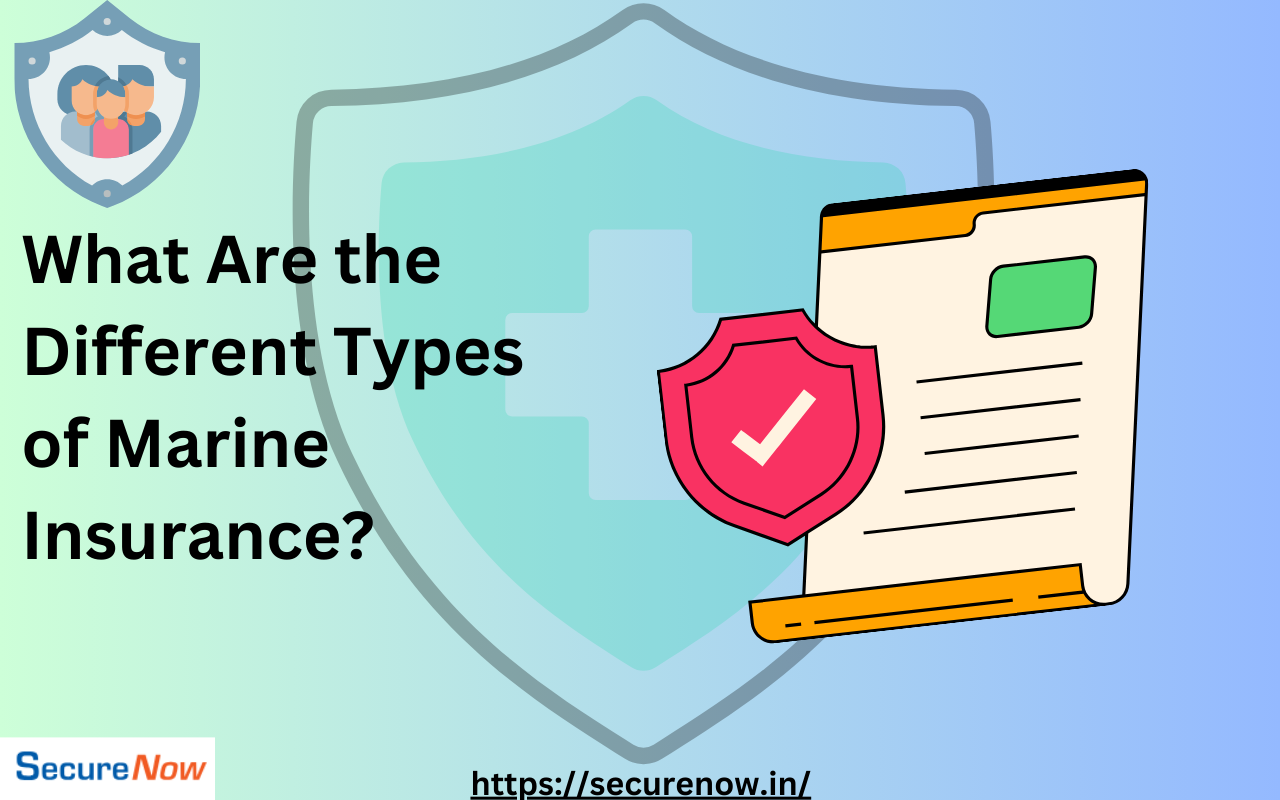Marine insurance is a critical component of international trade and commerce, protecting against various risks associated with maritime activities. Understanding the different types of marine insurance is essential for anyone involved in shipping, logistics, or marine operations. This article will explore the various types of marine insurance, offering insights into their coverage, exclusions, and importance in mitigating maritime risks.
Hull Insurance
Coverage Scope
Hull insurance provides coverage for physical damage to the ship or vessel. This includes damage from collisions, grounding, fire, and other maritime perils.
Exclusions
Typical exclusions include wear and tear, improper maintenance, and damage caused by crew negligence.
Cargo Insurance
Types of Cargo Insurance
Cargo insurance can be categorized into open cover and specific policy cover. Open cover is suitable for regular shipments, while specific policy cover is ideal for one-off shipments.
Coverage Scope
Cargo insurance covers loss or damage to goods during transit by sea. It protects against risks such as theft, natural disasters, and accidents.
Exclusions
Exclusions may include loss due to inadequate packaging, inherent vice, or delay in transit.
Freight Insurance
Definition and Purpose
Freight insurance protects the shipping company’s financial interest in the freight charges payable by the cargo owner, even if the goods are lost or damaged.
Coverage Scope
It typically covers the cost of freight that cannot be collected due to cargo loss or damage.
Exclusions
Exclusions might include non-maritime perils and losses caused by delays.
Liability Insurance
Types of Liability Insurance
Marine liability insurance can include shipowner’s liability, charterer’s liability, and other specific liabilities.
Coverage Scope
This insurance covers legal liabilities arising from damage caused to third parties, including injury, pollution, and collision liabilities.
Exclusions
Exclusions may cover intentional acts, fines, and penalties.
Protection and Indemnity (P&I) Insurance
Overview and Purpose
P&I insurance is a type of mutual insurance provided by clubs to cover liabilities not typically included in standard marine policies.
Coverage Scope
This includes crew injury, pollution, and wreck removal liabilities.
Exclusions
Exclusions might include war risks and intentional illegal acts.
War Risk Insurance
Definition and Importance
War risk insurance covers losses caused by war-related perils, including piracy and terrorism.
Coverage Scope
This insurance protects against damage or loss due to war, strikes, and related activities.
Exclusions
Typical exclusions include losses from civil commotions and confiscation by government authorities.
Strike and Delay Insurance
Overview
This insurance covers financial losses due to strikes, riots, and other delays in the shipping process.
Coverage Scope
It typically covers loss of income due to the inability to deliver goods on time.
Exclusions
Exclusions may include losses from voluntary abandonment or government actions.
Builders Risk Insurance
Purpose and Importance
Builders risk insurance is designed for vessels under construction, protecting against damage during the build process.
Coverage Scope
It covers risks such as fire, explosion, and vandalism during construction.
Exclusions
Exclusions might include design flaws and losses caused by contractor negligence.
Ship Repairers’ Liability Insurance
Definition and Scope
This insurance is for businesses engaged in repairing ships, covering liability for damage caused to vessels in their care.
Coverage Scope
It includes damage during repairs, loss of use, and sometimes even third-party liabilities.
Exclusions
Typical exclusions include damage from faulty workmanship or design errors.
Yacht Insurance
Definition and Purpose
Yacht insurance is tailored for recreational boats, covering both the vessel and its passengers.
Coverage Scope
It covers risks such as theft, damage from natural disasters, and accidents.
Exclusions
Exclusions may include racing damage and wear and tear.
Port and Terminal Operators Insurance
Overview and Relevance
This insurance is essential for port and terminal operators, covering liabilities arising from their operations.
Coverage Scope
It typically covers property damage, third-party injury, and pollution liabilities.
Exclusions
Exclusions might include liabilities arising from deliberate acts or regulatory violations.
Offshore Energy Insurance
Importance in the Energy Sector
Offshore energy insurance is crucial for operations related to oil and gas exploration, covering specialized risks.
Coverage Scope
It covers risks such as blowouts, pollution, and damage to offshore installations.
Exclusions
Exclusions might include negligence and regulatory fines.
Expert Insights
Industry Trends
The marine insurance industry is evolving with increasing risks from climate change, cyber threats, and regulatory changes.
Common Issues
Common issues include underinsurance, complex claims processes, and the challenge of accurately assessing risks.
Case Studies
Real-World Examples
Case studies on major shipping incidents can highlight the importance of adequate marine insurance coverage and its role in mitigating financial losses.
Future Outlook
Emerging Trends
Technological advancements, such as blockchain, are expected to transform the marine insurance industry, enhancing transparency and efficiency.
Potential Developments
Future developments might include more customized policies and the integration of artificial intelligence for risk assessment.
Practical Applications
Tips for Policyholders
Policyholders should regularly review their coverage, ensure compliance with regulations, and seek expert advice to mitigate risks.
Application Process
Understanding the application process, including required documentation and evaluation criteria, is crucial for securing the right coverage.
Conclusion
Marine insurance is a vital safeguard against the numerous risks associated with maritime operations. By understanding the different types of marine insurance, businesses and individuals can better protect their assets and navigate the complexities of the maritime industry.
FAQs
Q1: What is hull insurance, and what does it cover?
Hull insurance covers physical damage to a ship or vessel, including risks such as collisions, grounding, and fire.
Q2: How does cargo insurance differ from freight insurance?
Cargo insurance covers the goods in transit, while freight insurance protects the financial interest in the freight charges.
Q3: What is Protection and Indemnity (P&I) insurance?
P&I insurance covers liabilities not typically included in standard marine policies, such as crew injury and pollution.
